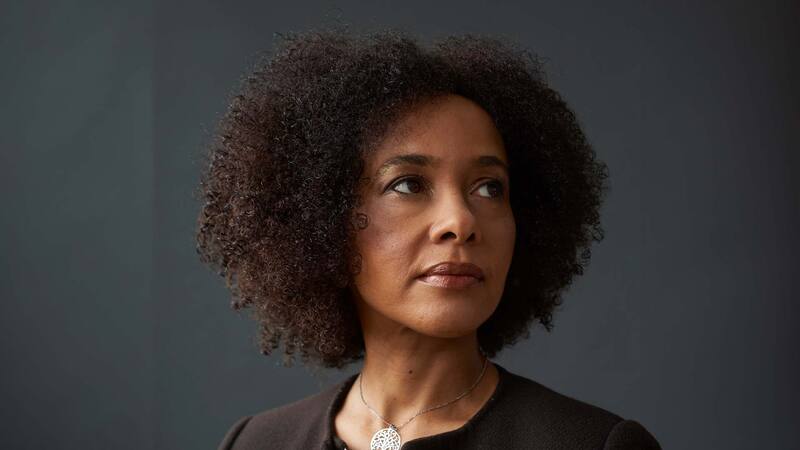You are viewing your 1 free article this month. Login to read more articles.
OUP turnover edges up, despite another 'challenging' year for Education
Following a 0.9% turnover dip for the year before, Oxford University Press saw small-scale growth again in the 12 months to 31st March 2019, with turnover up 2% like-for-like at constant currency rates - although just 0.4% in actual terms - to £840.5m. C.e.o. Nigel Portwood described the 2% figure as "creditable" while noting that it was "virtually all offset by the devaluation of key emerging market currencies during the year."
OUP's trading surplus fell for the second year running, dropping 5.6% to £108.5m, “reflecting the impact of foreign currency devaluation and increased investment in technology and publishing”.
Among its divisions, OUP said Academic had seen “strong growth, driven by new society partnerships and journal acquisitions”, with other highlights including extending OUP’s Open Access publishing to cover more than 60 fully OA journals, and a combined OA and subscription deal with Germany’s Max Planck Society. The publisher's Annual Report noted that ongoing uncertainty around Brexit terms and timeline affected OUP's academic print distribution and supply chain for the European market, though the publisher is "seeking to mitigate this through careful planning."
The three education divisions - English Language Teaching (ELT), Asia Education and Oxford Education - had a "challenging year", with market contractions in the UK and Spain, although double-digit turnover growth was seen in China and Pakistan.
C.e.o. Nigel Portwood said: “Our publishing activities span research, the learning of English, and education, and this breadth means that we are more resilient to challenging market conditions. I’m pleased with our progress this year, particularly around evolving and investing in our products and services to make the most of digital technologies and data. We are in a strong position to drive improved educational and research outcomes in the years ahead.”
He also warned publishers could not afford to be complacent, saying: "There are pressures on pricing, copyright, and access models, which are causing us to reconsider exactly how we continue to meet customers' needs."
A transfer of £45.6m was made to the rest of the University, compared to a total transfer for 2017/18 of £205.7m.














